Spain might be renowned for its costas but it is also home to dozens of quaint little towns, 35 of which have earned a coveted spot in the Association of the Most Beautiful Towns in Spain.
The idea to start the association, in 2011, came after the success of its French counterpart and first such group, Les plus beaux villages de la France.
“It is our goal to promote preferably rural and small towns,” the association says on its website.
Town halls can apply for their town to join the list, but only 20 percent make the grade, winning the right to publicize themselves as “one of Spain's prettiest towns”.
To qualify, towns must have a population of under 15,000 and some kind of provable architectural or cultural heritage.
So which towns make the grade? The Local gives you the rundown.
Andalusia
Mojácar
Photo: lospueblosmasbonitosdeespana.org
Pampaneira
Photo: lospueblosmasbonitosdeespana.org
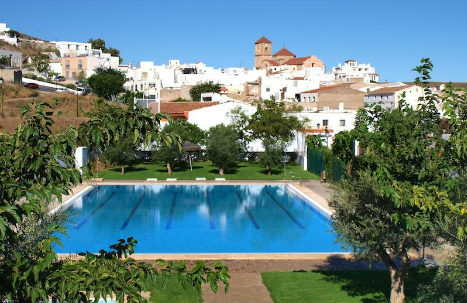
Photo: lospueblosmasbonitosdeespana.org

Photo: lospueblosmasbonitosdeespana.org
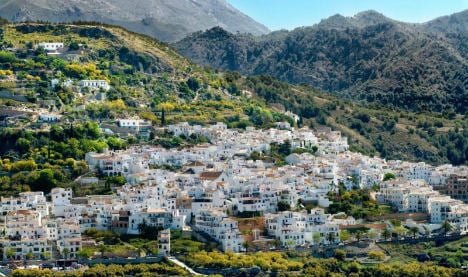
Photo: lospueblosmasbonitosdeespana.org
Valderrobres
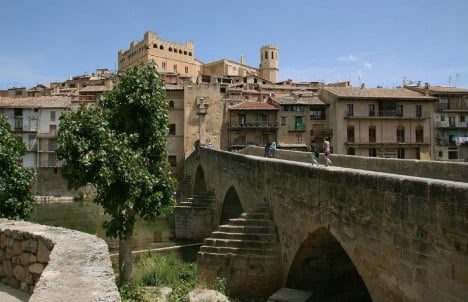
Photo: lospueblosmasbonitosdeespana.org
Photo: lospueblosmasbonitosdeespana.org
Photo: lospueblosmasbonitosdeespana.org
Cantavieja
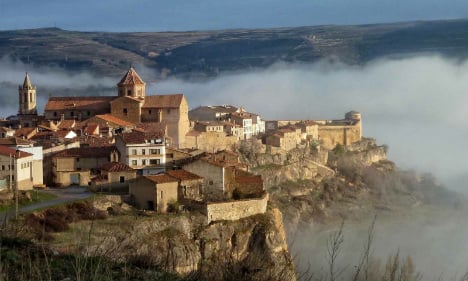
Photo: lospueblosmasbonitosdeespana.org
In Castilla y León
Maderuelo
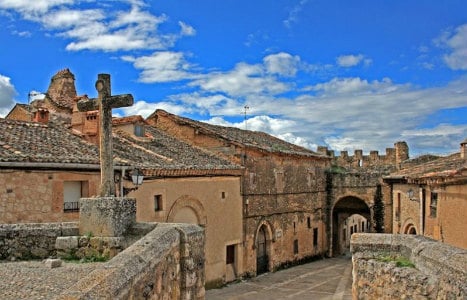
Photo: lospueblosmasbonitosdeespana.org
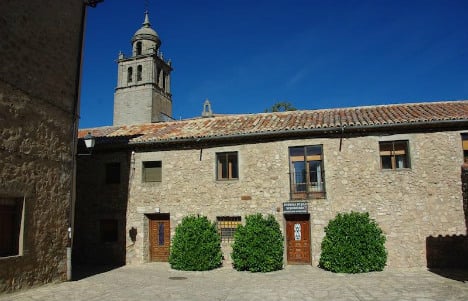
Ayllón
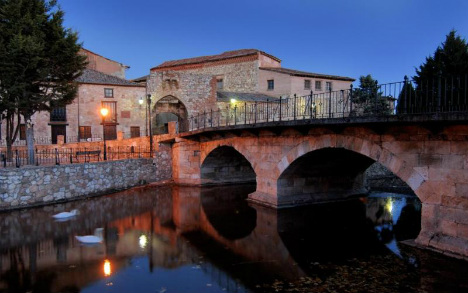
Photo: lospueblosmasbonitosdeespana.org
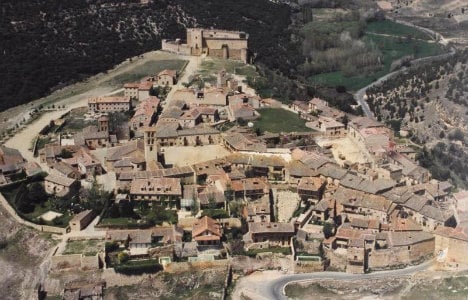
Urueña
Photo: lospueblosmasbonitosdeespana.org
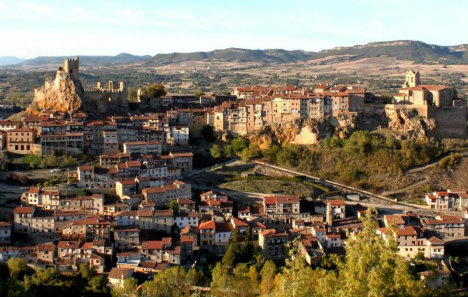
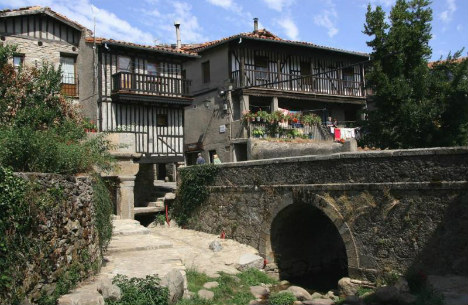
Mogarraz
Photo: lospueblosmasbonitosdeespana.org
Valverde de los Arroyos
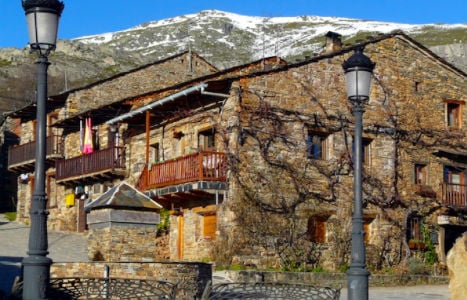
Photo: lospueblosmasbonitosdeespana.org
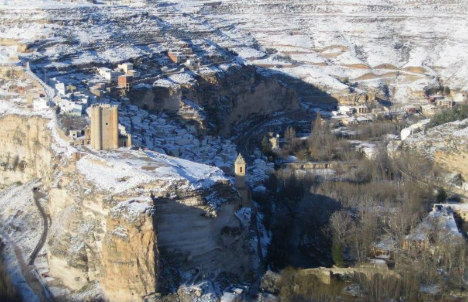
Photo: lospueblosmasbonitosdeespana.org
In Cantabria
Santillana del Mar
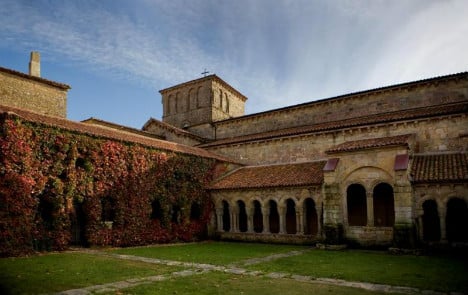
Photo: lospueblosmasbonitosdeespana.org
Bárcena Mayor
Photo: lospueblosmasbonitosdeespana.org
Peñíscola
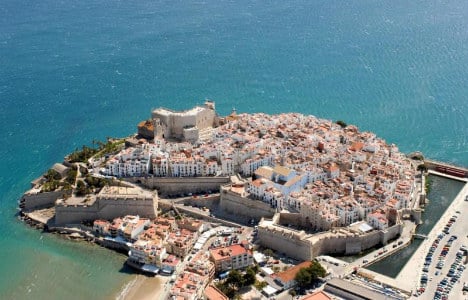
Photo: lospueblosmasbonitosdeespana.org
Morella
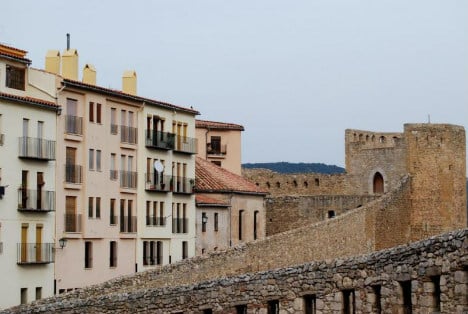
Photo: lospueblosmasbonitosdeespana.org
El Castell de Guadalest
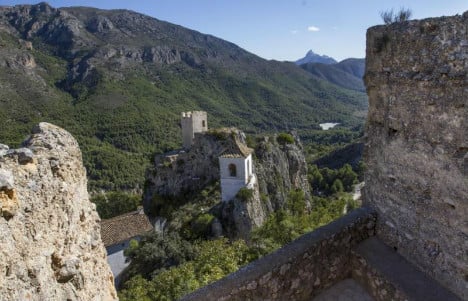
Photo: lospueblosmasbonitosdeespana.org
Vilafamés
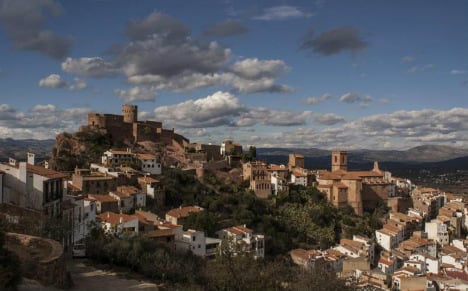
Photo: lospueblosmasbonitosdeespana.org
Tejeda
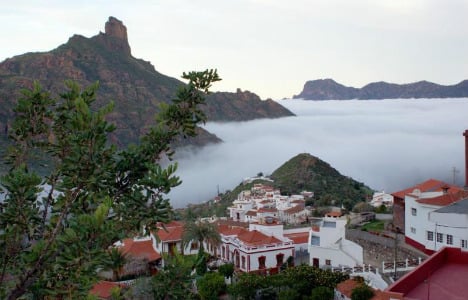
Photo: lospueblosmasbonitosdeespana.org
In Asturias
Llastres
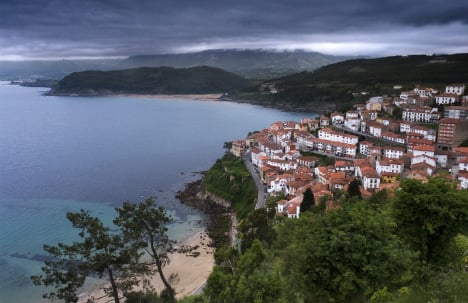
Photo: lospueblosmasbonitosdeespana.org

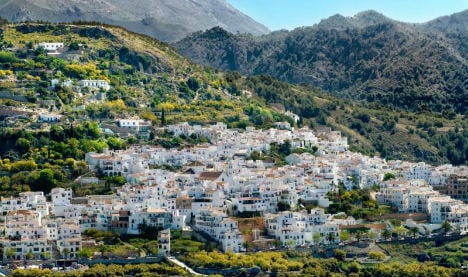

 Please whitelist us to continue reading.
Please whitelist us to continue reading.
Member comments